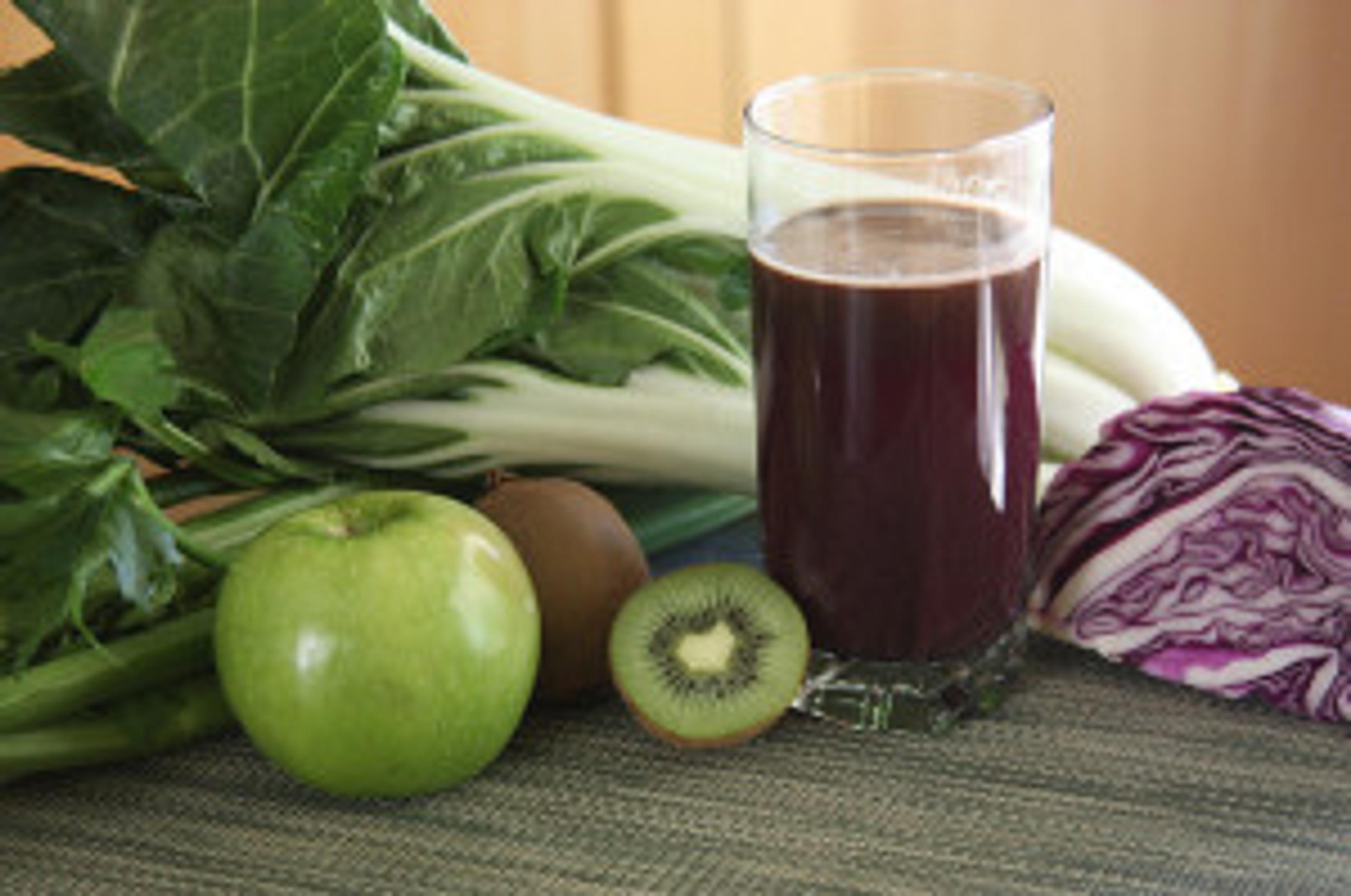‘Sip’ your fruits and vegetables with juicing

Kristin Coppens
| 3 min read

Juicing has become somewhat of a fad in recent years. There is debate over whether or not a juice detox, or juicing in general, is healthy for you. The answer is, it depends on what ingredients you add and the juicing process. Though there are not approved scientific claims behind how juicing prevents different health conditions, juicing can still remain a healthy addition to your daily diet when done properly.
Juicing is a good way to get the daily recommendations of fruit and vegetables. Grace Derocha, Dietitian and Blue Cross Blue Shield of Michigan Community Manager, echoes, “juicing is a great way to get a lot of nutrients at one time. If you are someone that does not really enjoy fruits or vegetables, juicing will help you increase your intake of produce quickly. It is almost medicinal by packing a vitamin and mineral punch in one drink. Juicing is not bad for you, but my main recommendation with nature’s fast food is to enjoy them whole to get all the fiber and nutrients and drink plenty of water.”
One of the biggest strikes against juicing is that a juicer removes the pulp from the fruits and vegetables, essentially removing a large portion of nutrients and fiber. Don’t throw that pulp away! You can get creative by adding the pulp to muffins or different broths, thereby saving the fiber and nutrients. Additionally, juicers themselves can be very expensive. If you don’t want to invest in a juicer quite yet, a good blender can work just as well and you don’t lose the fiber—just remove the rinds, seeds, and some skins if need be.
Keep an eye on calories within the juices, as adding a number of different fruits and vegetables can easily add up. As a rule of thumb, using more vegetables than fruits keep calories in check—you can add one or two fruits, like apples or kiwis, for a sweeter taste offsetting the vegetables. Pack a stronger punch by adding proteins like almond milk, Greek yogurt, peanut butter or flax seed. Juices should be consumed the same day or next day at the latest, as the juice is not pasteurized.
Want to try a juicing plan, but don’t want to make the juices yourself? Sip Organic Juice Bar in Grand Rapids provides a 3-day or 5-day juice detox, as well as drop-in juice options and Jenergy Bars to purchase. Jennifer Pohlman, founder of Sip Organic Juice Bar, opened the juice shop in February of 2012. After just about a year of success, Pohlman is opening her second location in June of this year. Pohlman believes “optimum health is a delicate balance of the body, mind and spirit.” Her juices are promised to be high quality, sustainable and made from local ingredients.
What fruits and vegetables do you add to your juices?
Photo credit: Livin’ Spoonful





